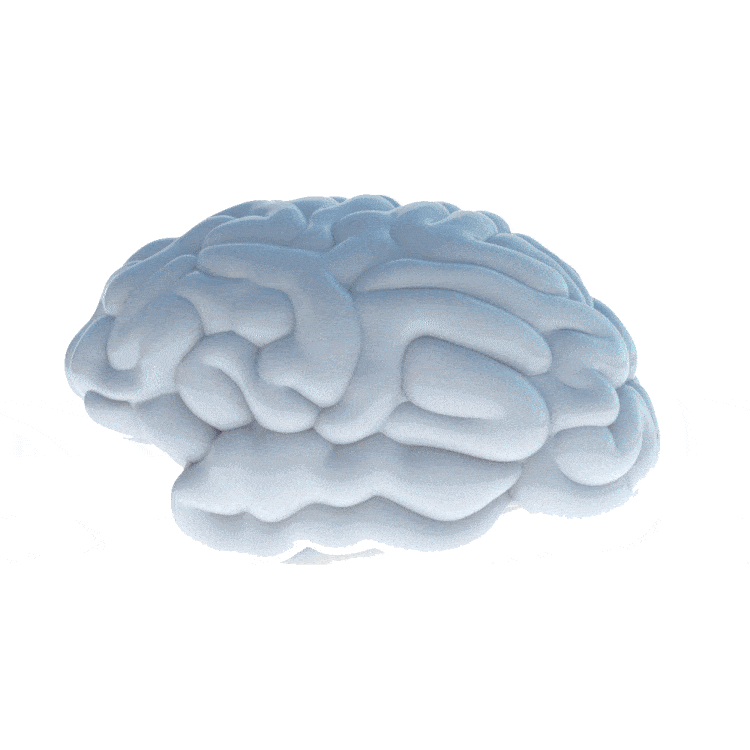Personalized Assessments for Holistic Well-Being
At Kincove, we understand that every child’s needs are unique, and we strive to provide a thorough, personalized evaluation that can help identify the root cause of the challenges they may be facing. Unlike a standard evaluation conducted by a school psychologist, our comprehensive assessments measure how the brain processes information. This approach can significantly reduce the cost for parents seeking school accommodations or additional support services—while still offering the depth of information necessary to pursue meaningful changes in a child’s school and personal life.
Benefits
Assessment services provide a clear understanding of each individual’s cognitive and emotional profile, allowing for personalized treatment recommendations. These evaluations are designed to help us clearly understand which methods are most likely to yield effective, lasting improvements for your child. Whether it involves neurofeedback, psychotherapy, skill-building strategies, or medical consultation, our objective is always to guide you toward the best treatment to meet your child’s goals—so they can thrive both at school and in everyday life.
Enhanced Understanding
Parents gain insight into their child’s cognitive and emotional profile, going beyond observed behaviors to understand the neurobiological factors influencing their adolescent’s experiences.
Personalized Interventions
The assessment enables targeted treatment recommendations, addressing specific brain areas and cognitive domains that require support.
Improved Outcomes
Tailoring interventions to the adolescent’s unique needs increases the likelihood of positive outcomes in areas like attention, emotional regulation, and academic performance.
Brain Health Assessment Process
The process begins with a meeting between parents, the adolescent, and the clinician to discuss the purpose of the assessment, relevant history, and specific concerns.
01. Initial Consultation
The adolescent completes a non-invasive qEEG scan, which takes about 45 minutes, followed by standardized neuropsychological tests and questionnaires to evaluate cognitive, emotional, and behavioral functioning.
02. Assessment Administration
The results are analyzed to highlight areas of high and low brain activity, assessing each brain region’s functionality in relation to the adolescent’s reported symptoms and challenges.
03. Analysis and Interpretation
The clinician meets with the parents (and the adolescent, if appropriate) to discuss the findings. This session includes a review of brain maps, testing results, and potential areas for improvement in a clear, accessible way.
04. Feedback Session
Based on the assessment findings, specific interventions are recommended. These may include neurofeedback, cognitive-behavioral strategies, lifestyle adjustments, or therapy tailored to address identified issues.
05. Individualized Recommendations
How does the brain health assessment work?
The assessment uses advanced neuroimaging (quantitative electroencephalogram, or qEEG), neuropsychological tests, and questionnaires to gather a complete picture of brain function. It reveals whether certain brain regions are overactive (contributing to issues like anxiety or impulsivity) or underactive (leading to focus difficulties or low motivation). This information guides targeted interventions, such as neurofeedback, therapy, or lifestyle adjustments.
Who is this assessment for?
This assessment is ideal for adolescents and young adults experiencing difficulties in areas like focus, emotional regulation, social skills, or academic performance. It provides insight into underlying neurobiological factors, helping parents and clinicians understand the root of these challenges.


